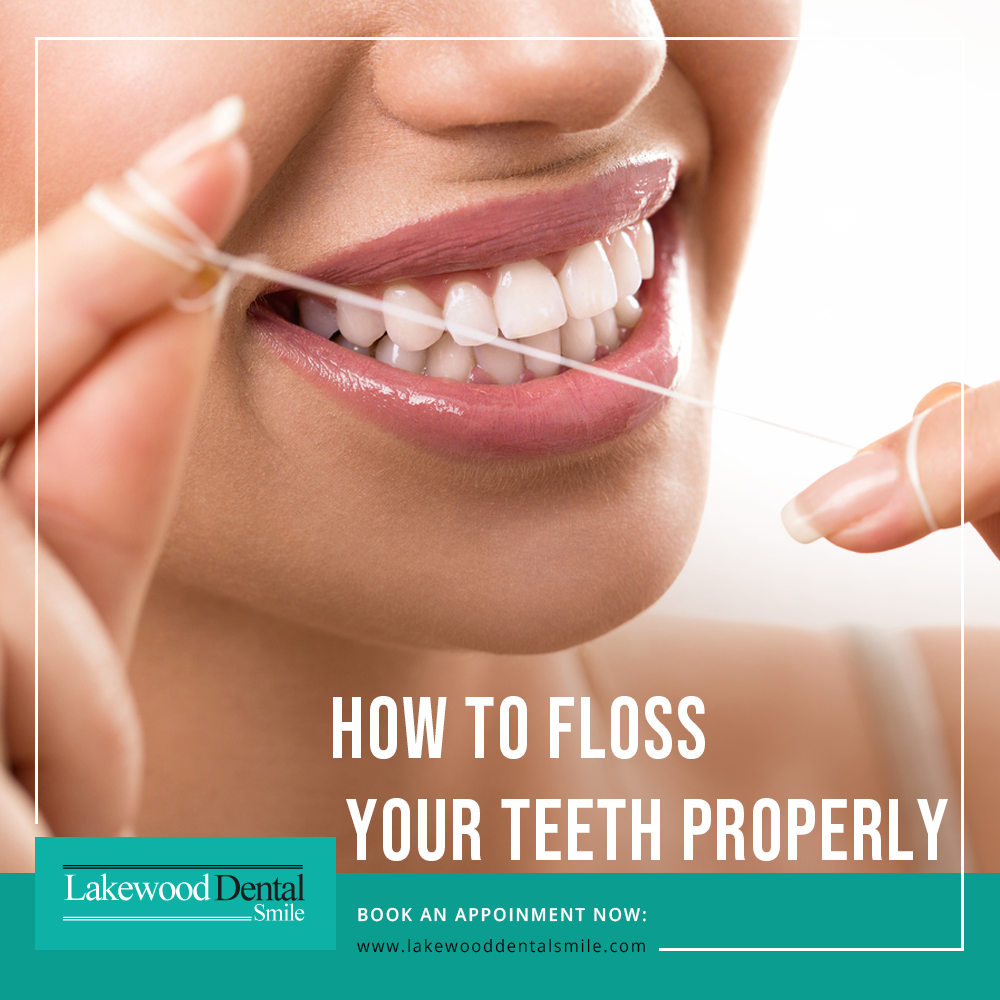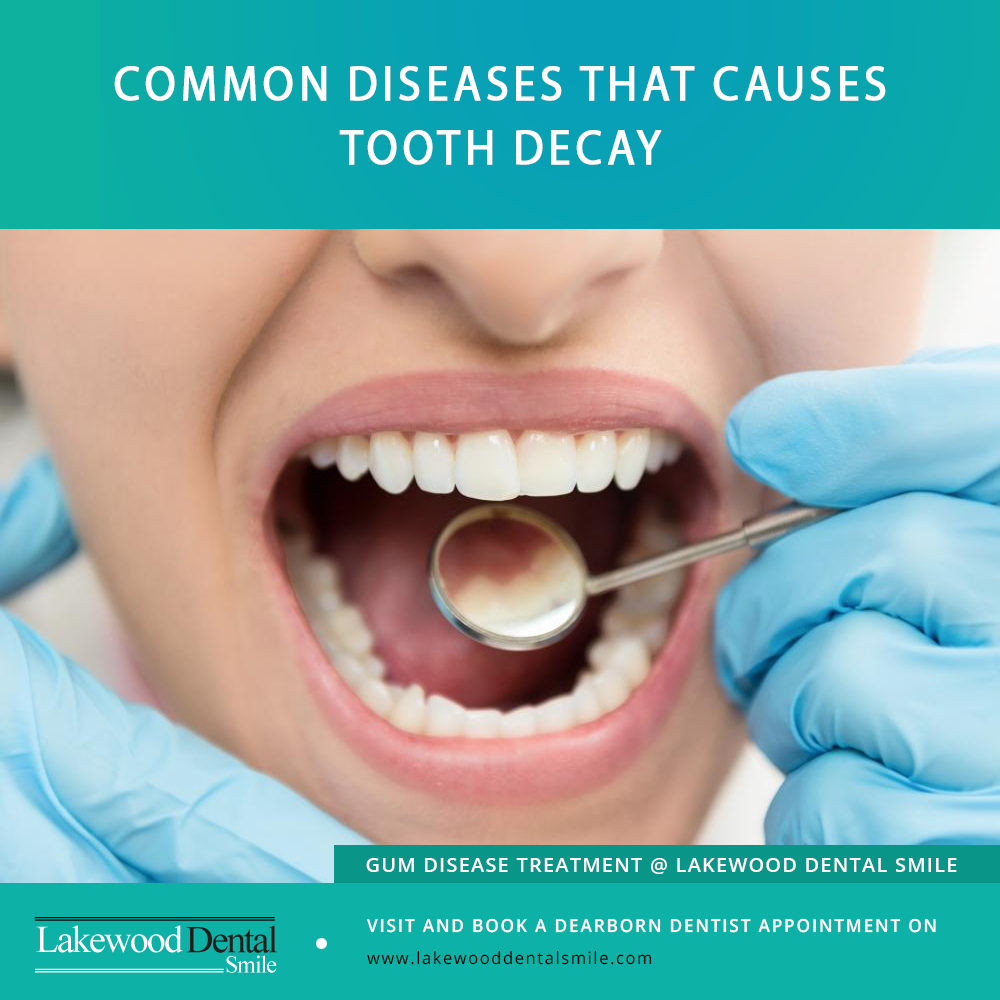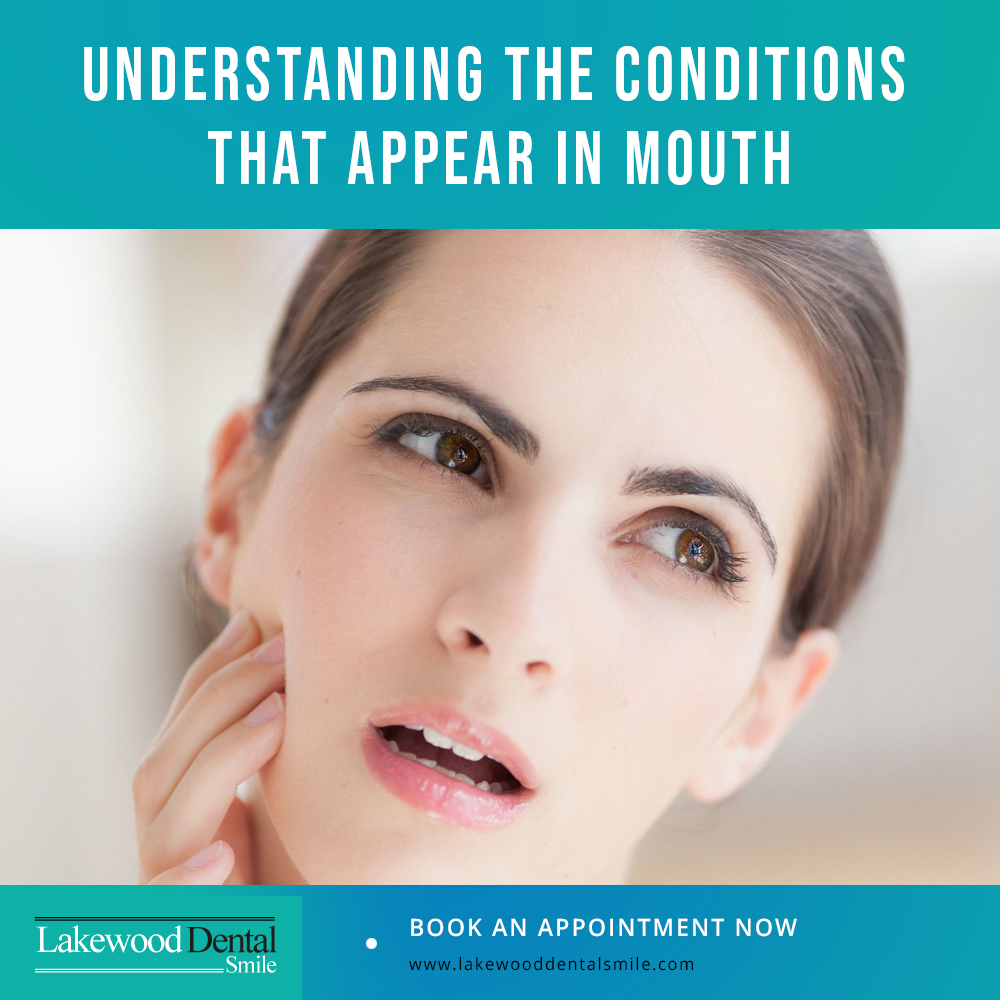Dental implants are not as complicated as one may think. The dental implant procedure is straightforward and patients feel less discomfort afterwards. Technological advances and thorough preparation beforehand means that implant placement is a relatively simple minor surgical procedure. Much of the assessment and planning takes place in advance.

The treatment follows with a thorough examination of your mouth, it will include taking radiographs and sometimes CT scans of jaws to assess the condition of your bone. This permits the dentist to plan exactly how and where the implants will be placed during the treatment. After the treatment, following a good oral hygiene for the best health of your implants will be your responsibility and you will be given instructions on that as well.
The following also provides guidance on what to expect after implant placement and how to keep your dental implants and mouth healthy:
Care after dental implants
Will my mouth bleed?
It is natural to experience a minor bleeding after the procedure. You may be asked to apply pressure on the area by biting firmly on a gauze pad for about an hour. Repeat the process until you get a relief from the bleeding. In the extreme cases if it persists, bite down on a moistened tea bag for few minutes.
How to speed up the healing process?
After the dental implant treatment, try not to disturb the surgical portion with tongue and avoid rinsing your mouth for the rest of the day. Don’t spit, suck on straws or smoke. This can also dislodge blood clots and slow down the healing process.
Will I have a swollen face?
You may experience swelling or bruising following the treatment. It may not become apparent until the day after the surgery and will reach to the peak two or three days later. This is normal and can be lessen by the immediate use of icepacks wrapped in a towel and held to the side of face where the implants were placed.
When should I take pain relief?
It is likely that you may experience a mild discomfort after the dental implants. Before the sedative lose its effectiveness, your dentist may advise you to take the first dose of pain killers and may advice you to take them regularly for the first few days. Any pain or discomfort following surgery should subside gradually each day. If after a few days you experience increasing pain and swelling, you must contact your dentist, who will advise on the appropriate aftercare and pain medication to keep you comfortable.
Eating and drinking
On the day of surgery you will be advised to have only the cold drinks. It is important to stay hydrated. Avoid hot or spicy foods. Although eating meals may be a challenge for the first few days, try to continue to eat nourishing food. Following a routine that is advised by your dentist will help to heal faster. What can be done to make it smoother is try choosing softer food and avoid chewing from the implant site. Normally, most patients can return to a normal diet after seven to ten days.
Oral hygiene
Good oral hygiene is a must have for a successful healing. As prescribed by the dentist, use a recommended mouthwash to wash your mouth. Be gentle when using mouthwashes and avoid vigorous swilling. Your dentist may encourage you to start cleaning your teeth and healing abutments with a toothbrush straight away, but be careful around the implant sites.






